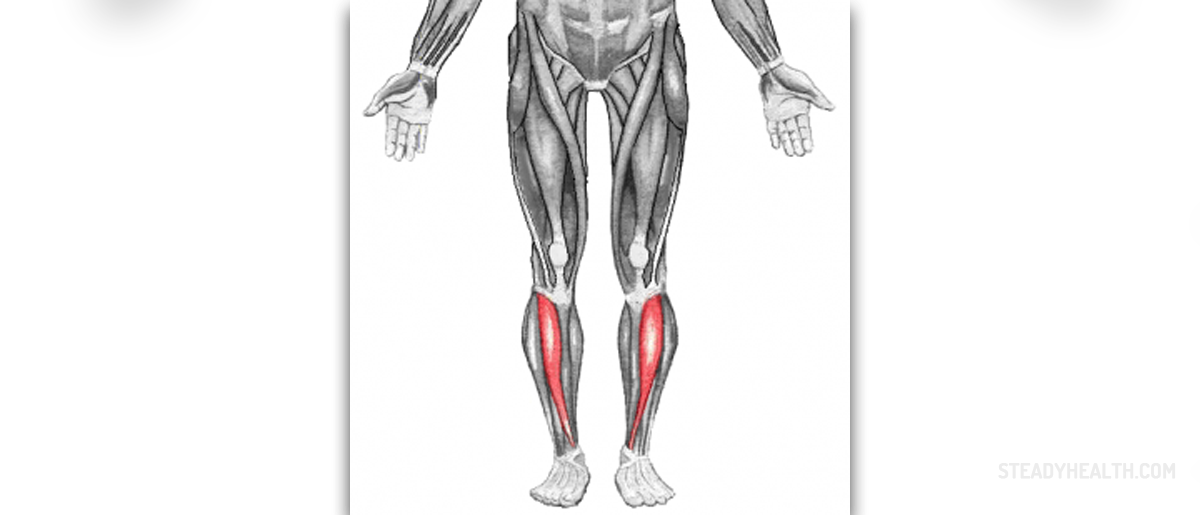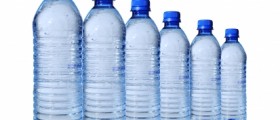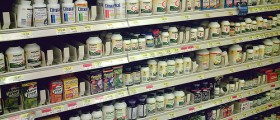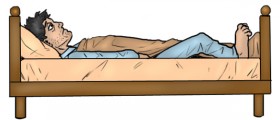
Leg cramps are sudden and forceful contractions of muscles in the legs, especially in calves and in small muscles around feet. They are usually quite painful, and the pain may last anywhere from few seconds to few minutes. When a leg cramp occurs, the person who is affected by it becomes unable to stand or walk using that leg. Fortunately, these cramps go away quickly on their own.
Causes of leg cramps
There are many possible causes of leg cramps. They can occur due to excessive muscle exertion, for example during or after jogging, swimming, gym activities such as treadmill, weight lifting, but even during walking. When leg cramps occur while swimming, they can be very dangerous because the person in question may be at risk of drowning.
Leg cramps can also be caused by stress, fatigue, poor blood circulation, dehydration, certain drugs, especially diuretics, and electrolyte imbalance due to dehydration or excessive sweating. However, it is observed that one of the major contributors to leg cramps is deficiency of certain minerals, like calcium, magnesium and especially potassium. It is believed that of all cases of leg cramps cased by mineral deficiency, potassium deficiency is by far the most common.
Connection between leg cramps and potassium deficiency
Muscle cramps, including leg cramps, are often caused by electrolyte imbalance. Potassium helps build muscle, it maintains water balance and acid-base balance in the blood, tissues and cells. Potassium is also important for nerve impulse transmission. Deficiency of this mineral affects muscles and it can lead to muscle fatigue, weakness and cramps.
Potassium deficiency can happen for various reasons, but mostly due to dehydration after excessive sweating or other forms of fluid loss, like vomiting and diarrhea.
Potassium in treatment and prevention of leg cramps
If leg cramps are caused by potassium, restoring the levels of this mineral will certainly reduce the occurrence of leg cramps. It can be done by taking potassium supplements, eating foods rich in potassium and avoiding dehydration.
Foods that contain significant amounts of potassium include bananas, potatoes, tomatoes, wheat germ, carrots, figs, almonds, cauliflower, sunflower seeds, bran flakes and avocados.
Potassium supplements are also an option, but it is recommended to consult a physician before taking them. He or she will also be able to recommend a good brand of potassium supplements and the proper dosage.
Other things that can help with leg cramps include moderate exercise, especially stretching, adequate fluid intake and, when the cramps occur, ice packs, hot compressions and massage. People who are prone to leg cramps, especially at night, should avoid alcohol, cigarettes and coffee.

















Your thoughts on this
Loading...